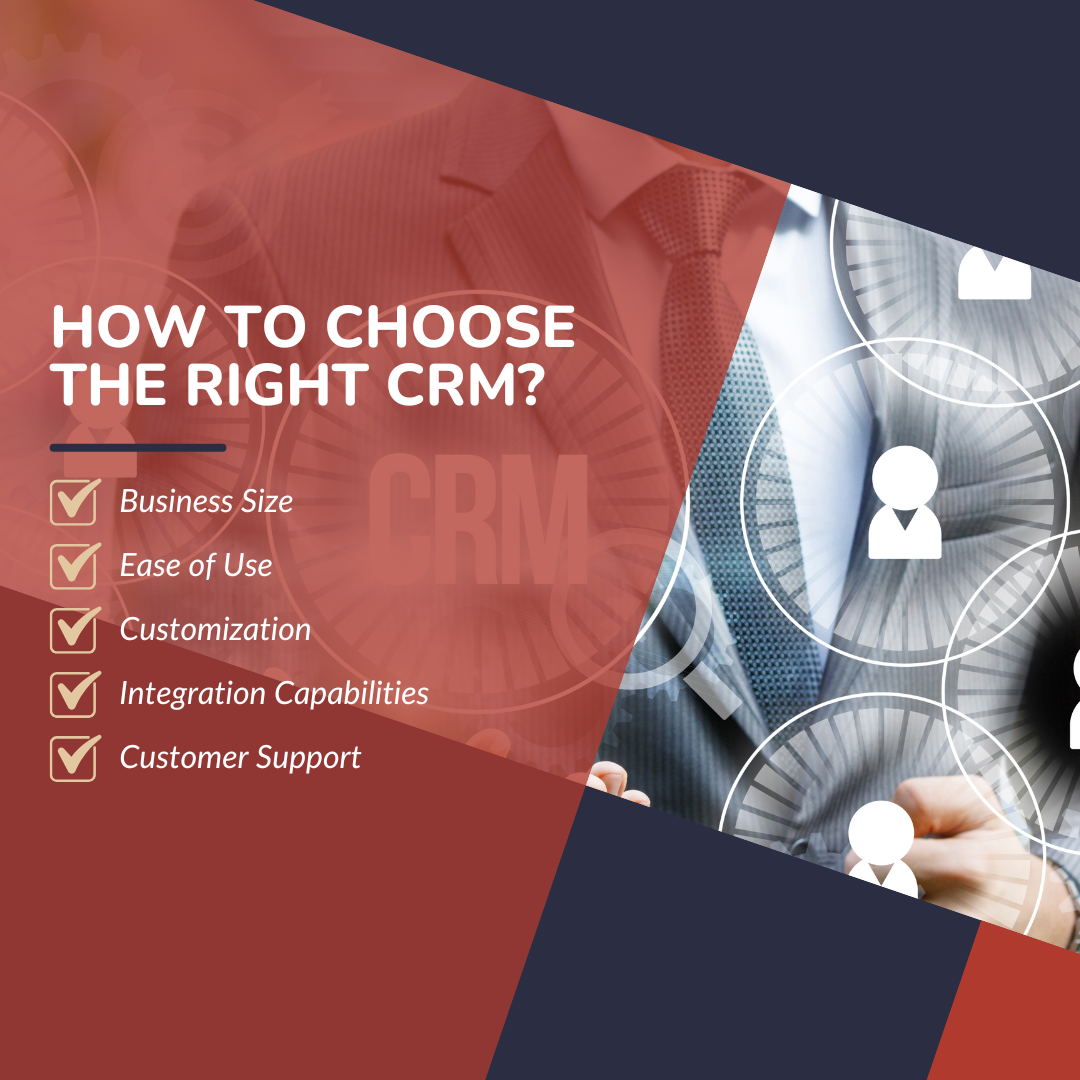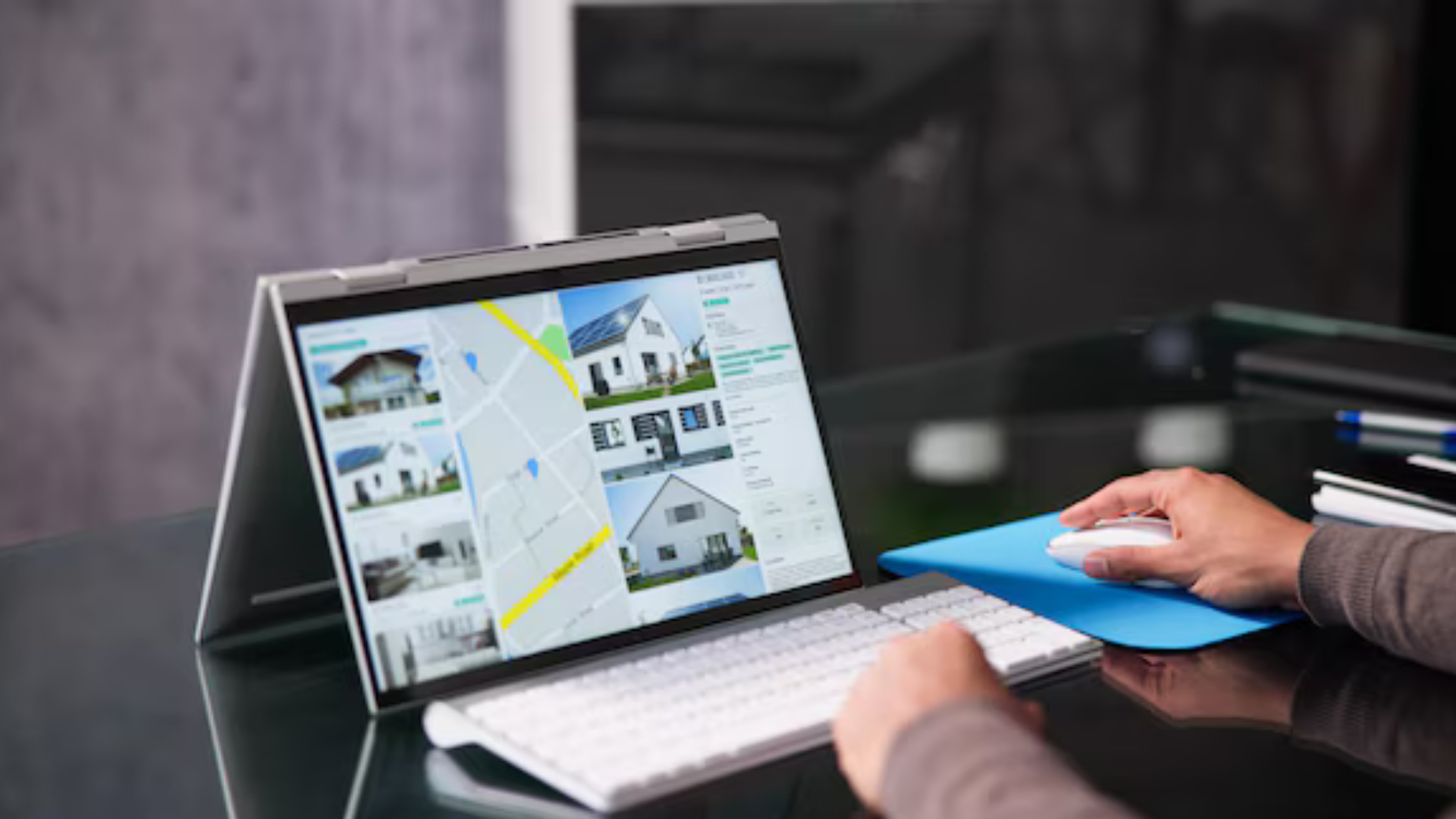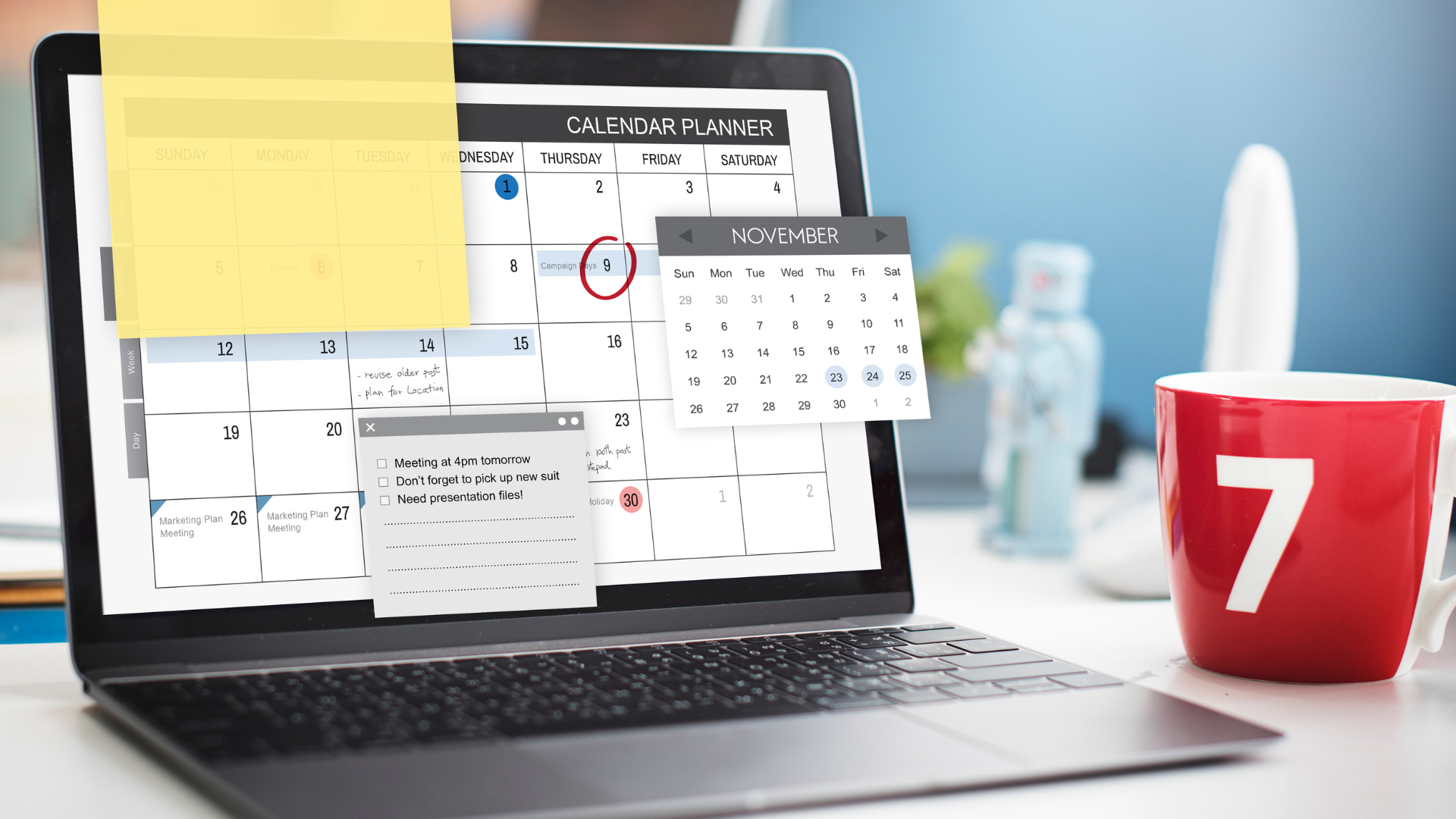April 11, 2025
In the hectic roofing industry, maintaining organization, efficiently handling leads, and providing outstanding customer service are notably difficult tasks.
That's where a Roofing CRM (Customer Relationship Management) software streamlines these processes, helping contractors efficiently manage every aspect of their business.
With various roofing CRM options available, how do you determine which is best for your roofing company?
This guide highlights the top five features every roofing CRM should have to ensure you invest in the right and best roofing solution for your business.
Key Takeaways
- Roofing CRM: A Roofing CRM is software tailored for roofing contractors. It organizes operations and boosts productivity.
- Five key features every roofing CRM should have are lead management, job scheduling, project management, estimation, proposal generation, invoicing, payment processing, and reporting.
- Choosing the right CRM depends on factors like business size, ease of use, customization, integration capabilities, and customer support.
- The ideal roofing CRM: Rooferbase stands out as the best solution for roofing contractors.
Why Does Your Roofing Business Need CRM Software?
> First things first, what is Roofing CRM Software?
A Roofing CRM is software designed specifically to fulfill the unique needs of roofing contractors.
It helps roofing businesses to manage customer interactions, track leads, streamline project workflows, and ultimately improve efficiency and boost revenue.
> Importance of CRM in the Roofing Industry
Roofing companies frequently manage multiple clients, jobs, and teams simultaneously.
Without a centralized system, it will likely lose track of leads, miss appointments, or mishandle payments. A CRM helps to avoid these issues through the sales process and to provide:
- Better organization and data access
- Streamlined communication
- Enhanced customer experience
- Improved operational efficiency
Take a look at How to Choose the Best Roofing Software for Your Business
Checklist: 5 Key Features Every Roofing CRM Should Have

1. Lead and Customer Management
Comprehensive Lead Tracking:
- Effective CRM software tracks leads from the first point of contact through the completion of the project. It ensures no opportunity is missed and helps sales teams follow up efficiently.
Detailed Customer Profiles:
- A good CRM maintains a database with detailed customer profiles, including contact information, communication history, service preferences, and all the necessary details. This allows for personalized service and builds long-term client relationships.
Integration with Marketing tools:
- Look for a CRM that can integrate with your marketing tools, enabling you to launch, track, and evaluate campaigns.
2. Job Scheduling and Project Management
Real-Time Scheduling:
- Roofing projects often involve multiple teams and shifting timelines. The real-time scheduling capabilities of roofing software allow you to assign jobs and make calendar changes without much effort, keeping everyone updated.
Task Assignment and Tracking:
- With CRM software, you can assign tasks to specific team members and monitor their real-time progress. This helps ensure the timely completion of projects and improves team accountability.
Resource Allocation:
- One of the most important parts of a project is optimizing the use of materials, labor, and equipment. A CRM should help allocate resources effectively, reduce waste, boost productivity, and achieve the best possible output.
3. Estimating and Proposal Generation
Accurate Estimation Tools:
- Providing customers with accurate estimates can be difficult. CRM software with built-in estimation tools allows roofing business owners to calculate costs based on materials, labor, and other project specifics, giving a very precise idea of estimates.
Customizable Proposal Templates:
- CRM should offer editable templates that allow you to create professional, customized proposals so there'll be no hassle in tailoring the templates during the sales process. These documents reflect your brand and make a good impression on the client.
Integration with Financial Systems:
- The ability to sync estimates with accounting software ensures smooth transitions from proposal to invoicing, minimizing data entry and reducing errors so there are no mistakes in the process.
4. Invoicing and Payment Processing
Streamlined Invoicing:
- Automated invoicing linked to project milestones ensures timely billing and clarifies for clients the deliverables they’re being charged for.
Secure Payment Gateways:
- CRM offers secure, built-in payment processing options. These options provide convenience for clients and help you get paid faster.
Financial Reporting:
- Financial dashboards and reports help you monitor cash flow, profits, and outstanding invoices. These insights are vital for making sound financial decisions.
5. Reporting and Analytics dashboard
Performance Dashboards:
- Dashboards give you a fair idea of your company’s performance, including sales, project status, and team productivity. These tools help quickly identify areas that need attention.
Customizable Reports:
- CRM should allow you to generate customized reports, such as job costing, lead source analysis, and ROI calculations.
Data-Driven Decision Making:
- Identifying trends and patterns in your business enables smarter strategic planning through CRM analytics. This includes improving marketing spend or reallocating resources to help grow the business.
See How a Roofing CRM Can Transform Your Business Operations
How to Choose the Right CRM?

Choosing a CRM isn’t just about the new features; it’s about finding the right fit for your business. Here are a few factors to consider:
- Business Size: Ensure the CRM can scale as your company grows.
- Ease of Use: A complex interface can make it difficult for your team to use.
- Customization: Your CRM should adapt to your workflows.
- Integration Capabilities: Ensure it works smoothly with your existing tools and software.
- Customer Support: Responsive and informed support can save time and frustration.
Exploring Future Trends in Roofing CRM
As technology evolves, so do roofing CRM platforms. Here are some key trends that will shape the future of roofing CRM:
- Mobile Accessibility: Modern CRM is becoming mobile-first, allowing field crews to access data, update jobs, and communicate in real time from any location.
- AI Integration: Artificial Intelligence is being used to automate repetitive tasks, predict customer behavior, and personalize user experiences.
- Enhanced User Interfaces: Future CRM focuses on cleaner, more intuitive interfaces that reduce learning curves and increase adoption rates.
Here are the Top Roofing Trends to Watch for in 2025
What Makes Rooferbase the Ideal Roofing CRM for Contractors?

Rooferbase is a CRM platform specifically designed for roofing contractors. It offers a user-friendly solution tailored to the industry's needs. Here’s why you should not miss this:
- All-in-One Dashboard: From lead tracking to invoicing, everything is accessible in one place.
- Mobile Compatibility: Perfect for contractors on the go.
- Customizable Workflows: Adapts to how your team operates.
- Seamless Integrations: Works with your existing marketing, accounting, and project tools.
- Exceptional Support: A dedicated support team that understands the roofing business.
Whether you're a small contractor or running a multi-crew operation, Rooferbase helps you stay organized, close more deals, and deliver better service.
Conclusion
Investing in the proper roofing CRM can transform how you manage your business, from lead generation to job completion and payment processing. With the right tools, you can improve efficiency, enhance customer satisfaction and your sales pipeline, and ultimately grow your bottom line.
Prioritize CRM with lead management, scheduling, estimating, invoicing, and analytics features.
If you're looking for a solution that checks all these boxes, Rooferbase might be the perfect fit.
About Rooferbase
Rooferbase is your trusted partner in roofing business success. Our comprehensive CRM solution is designed specifically for roofers by roofing professionals.
Grow your roofing business with Rooferbase today!
FAQs
Q1. What is the best roofing CRM for roofing contractors?
Rooferbase Roofing CRM is one of the top choices for its tailored features, ease of use, and comprehensive tools.
Q2. Can I use general CRMs for roofing jobs?
While possible, general CRMs often require heavy customization. A specialized CRM for the roofing industry works better as it understands the day-to-day challenges faced in roofing services and job sites.
Q3. Is Roofing CRM software expensive?
Prices for business management software can vary, but the ROI is typically high. Look for scalable options that offer value for your investment.
Q4. Does the Roofing CRM notify you when a client views or opens a proposal?
Absolutely! You’ll get immediate notifications when a prospect views, reviews, or signs a proposal, enabling timely follow-ups.






